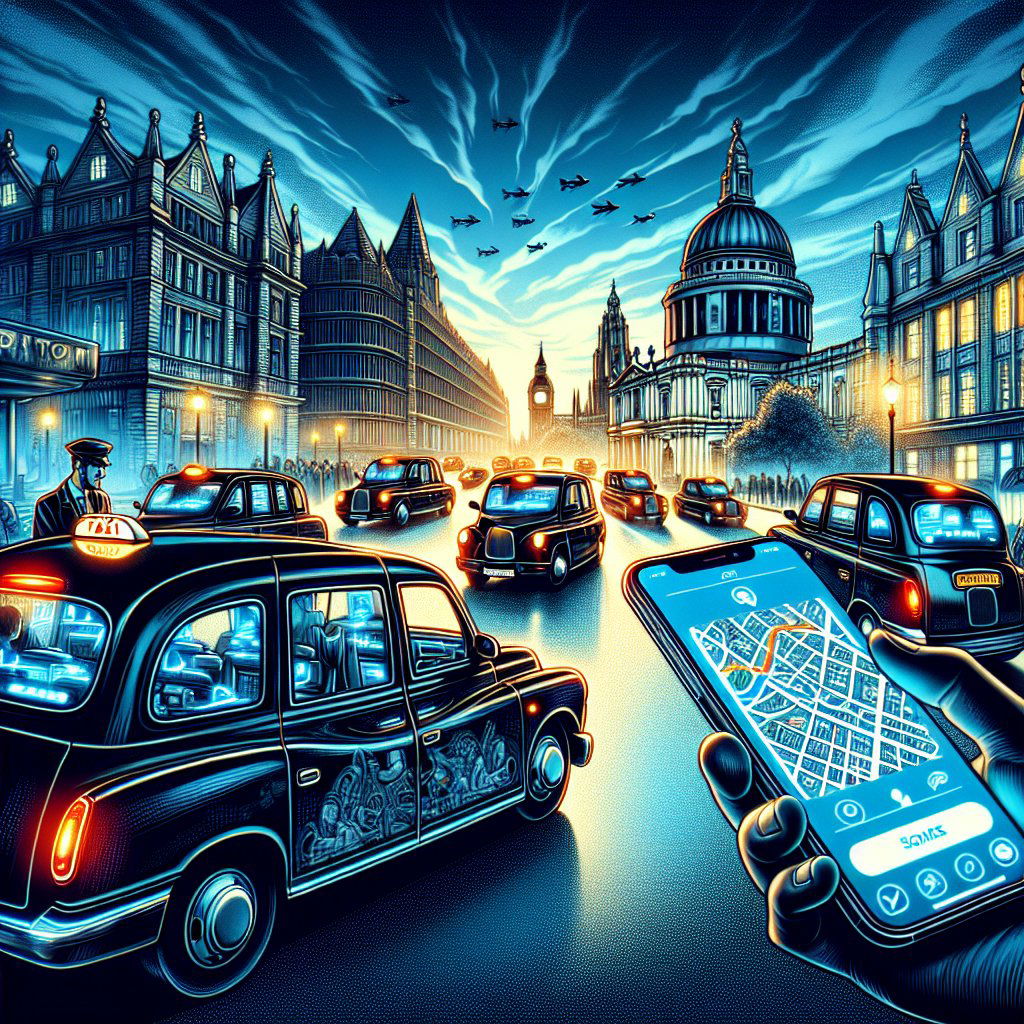Image: AI generated for illustration purposes
Uber Set to Partner with London’s Iconic Black Cabs in 2024, Navigating Past Long-Standing Rivalry
In a surprising turn that seeks to blend traditional aesthetic with modern convenience, Uber has announced plans to incorporate London’s black cabs into its rideshare platform beginning early next year. This decision arrives despite the historical animosity that has marred relations between the ride-hailing giant and the drivers of the "hackney carriage," an enduring symbol of London's streetscape.
Once hailed exclusively roadside, these black cabs will be bookable through the Uber app, a process welcoming them into the digital age and possibly expanding their customer base. Come Monday, black cab drivers will have the option to sign up for a service that has already facilitated over a billion journeys through the dense urban tapestry of London.
While Uber has been a disruptor in the transportation industry since it cruised into London over ten years ago, it has not always been a smooth ride. The platform's ascent has been contested rigorously by black cab drivers. Achieving their license entails mastering "The Knowledge," – an arduous examination of the city’s roads, requiring drivers to commit virtually every street within a 10-km radius of central London to memory. These stringent standards underscore a stark contrast with the GPS-reliant Uber model.
Controversies have swirled around Uber, notably regarding fare competition, job security, and passenger welfare. These concerns have sown division and dissent among the cab-driving community, many of whom staunchly defend their historic profession against what they perceive to be an app-based intrusion.
Steve McNamara, the general secretary of the Licensed Taxi Drivers' Association (LTDA), representing black cab drivers, has expressed skepticism over the partnership’s necessity. Citing a lack of demand and distrust in Uber's operational principles, McNamara challenges the viability and desirability of this alliance, framing it as a potential act of desperation by Uber to rejuvenate a business model facing significant scrutiny.
Nevertheless, Uber presses forward with its game plan, seemingly unphased by the LTDA's disparaging remarks. By incorporating London's storied black cabs into its network, Uber posits itself as a unifying force in a fragmented market. If the initiative prevails, tourists and residents might soon experience a seamless melding of London’s transport traditions with the tech-forward approach that has revolutionized urban mobility worldwide.
It remains to be seen whether Uber's latest move will heal old wounds or exacerbate existing tensions. As is common with shifts of this scale, only time will tell if both passengers and drivers warm to the idea of a digitally interconnected cab culture, underpinned by an app that refuses to pull over amid the roadblocks of contention.










